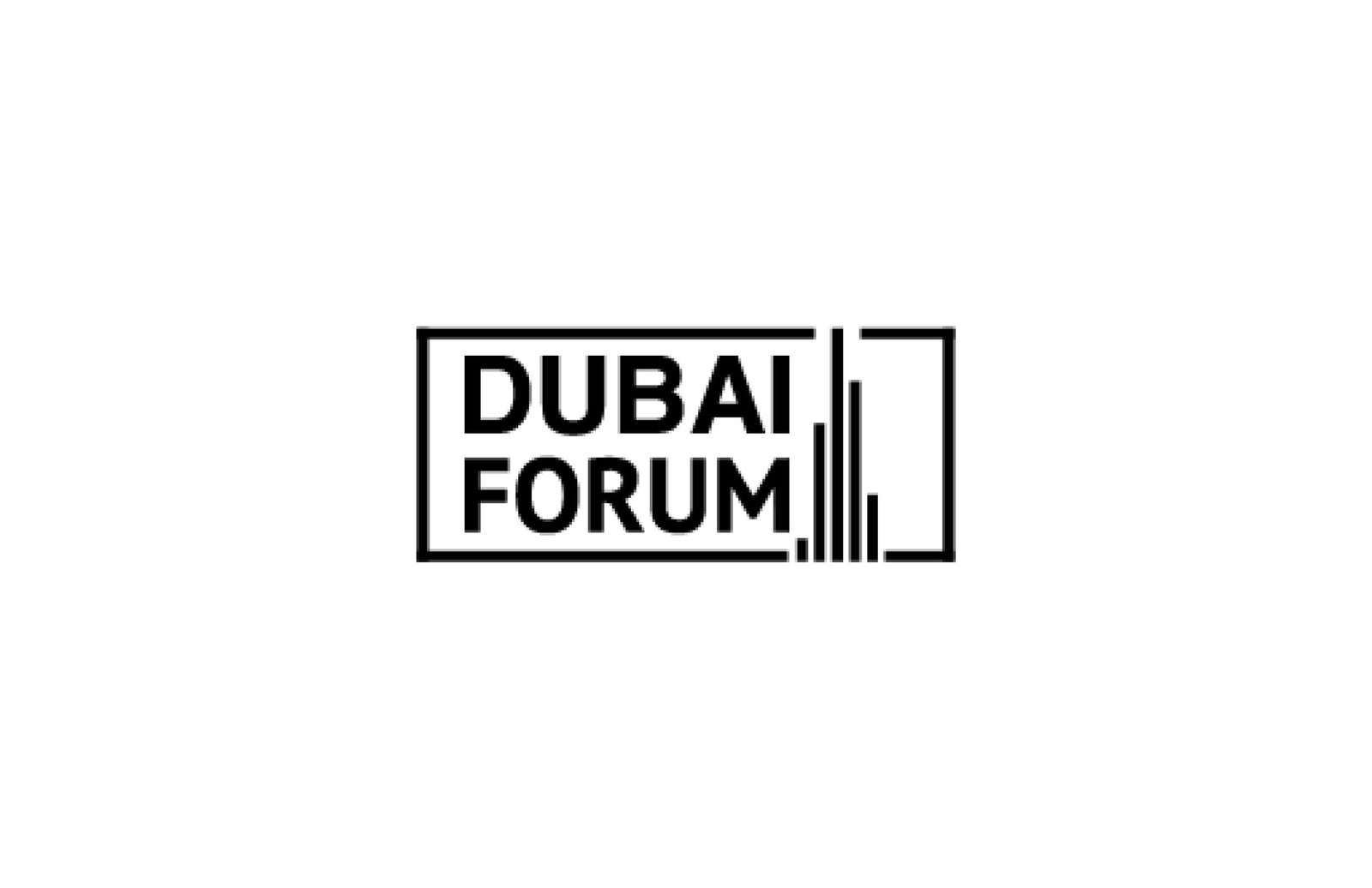His Highness Sheikh Abdullah bin Zayed Al Nahyan, serving as the Deputy Prime Minister and Minister of Foreign Affairs, recently emphasized the critical role of collaborative engagement among students, parents, and educators as the academic year culminates. This reflection is notably timely, as it underscores the importance of a cohesive educational ecosystem where each stakeholder plays a vital role in fostering an environment conducive to learning and personal growth.
In his remarks, Sheikh Abdullah highlighted the essential contributions of every party involved in the educational process. Students are not mere recipients of knowledge; they are active participants who must engage deeply with their studies, contributing to a vibrant learning community. Meanwhile, parents are encouraged to actively support their children’s educational journeys, fostering a sense of responsibility and commitment that is crucial for academic success. Educators, for their part, must dedicate themselves to providing quality instruction and mentorship, ensuring that their students are equipped with the skills and knowledge necessary to thrive in an ever-evolving global landscape.
This emphasis on teamwork and cooperation reflects a broader educational philosophy that increasingly recognizes the interconnectedness of various stakeholders within the academic sphere. As we witness rapid advancements in technology and knowledge, educational paradigms must adapt accordingly, fostering environments where collaborative learning can flourish. The relevance of such an approach becomes even more pronounced as we approach the challenges of tomorrow’s workforce, which demands not just individual brilliance, but also the ability to work synergistically with others.
The end of the academic year serves not only as a milestone for students but also as an opportunity for all involved to reflect on their contributions and the shared responsibility of nurturing future generations. Effective collaboration is not simply a lofty ideal; it is a pragmatic necessity in creating educational outcomes that can meet the complex demands of the modern world. This ideology is resonant with Sheikh Abdullah’s broader vision of societal development, which prioritizes human capital and continuous learning as cornerstones of progress.
As countries across the Gulf Cooperation Council (GCC) continue to invest in educational reform and innovation, the importance of this collaborative ethos cannot be overstated. The UAE government has made significant strides in enhancing educational standards, pushing for a shift from traditional rote learning to more engaging and critical thinking-oriented methodologies. This transformative approach aligns with the UAE’s broader objectives of cultivating a knowledge-based economy, thereby ensuring that citizens are well-prepared for the challenges of a competitive global market.
Furthermore, Sheikh Abdullah’s call for collaborative efforts among students, parents, and educators highlights a commitment to creating inclusive systems that actively involve diverse communities in the educational process. This involves recognizing the unique cultural and social dynamics that each stakeholder brings, ultimately enriching the learning experience for all. It reflects an understanding that education does not exist in isolation; rather, it thrives within a context of community engagement and support.
The goals set forth by leaders like Sheikh Abdullah advocate for a future where educational institutions are not merely places of learning but dynamic hubs of cultural exchange and personal development. In this vision, parents and educators are not only responsible for imparting knowledge, but they also serve as mentors who inspire students to become lifelong learners and engaged citizens.
As the academic year draws to a close, the importance of fostering these relationships becomes even more pronounced. Recognizing the interdependent nature of education can lead to more sustainable and successful educational outcomes, paving the way for students to emerge as competent, responsible individuals ready to tackle the challenges of an uncertain world.
In conclusion, Sheikh Abdullah bin Zayed Al Nahyan’s insightful remarks remind us that the journey of learning is shared. By fostering collaborative relationships among students, parents, and educators, the UAE positions itself at the forefront of education innovation, setting a powerful example for other nations within the region and beyond.
Tags:
#EducationNews #UAE #CommunitiesNews

